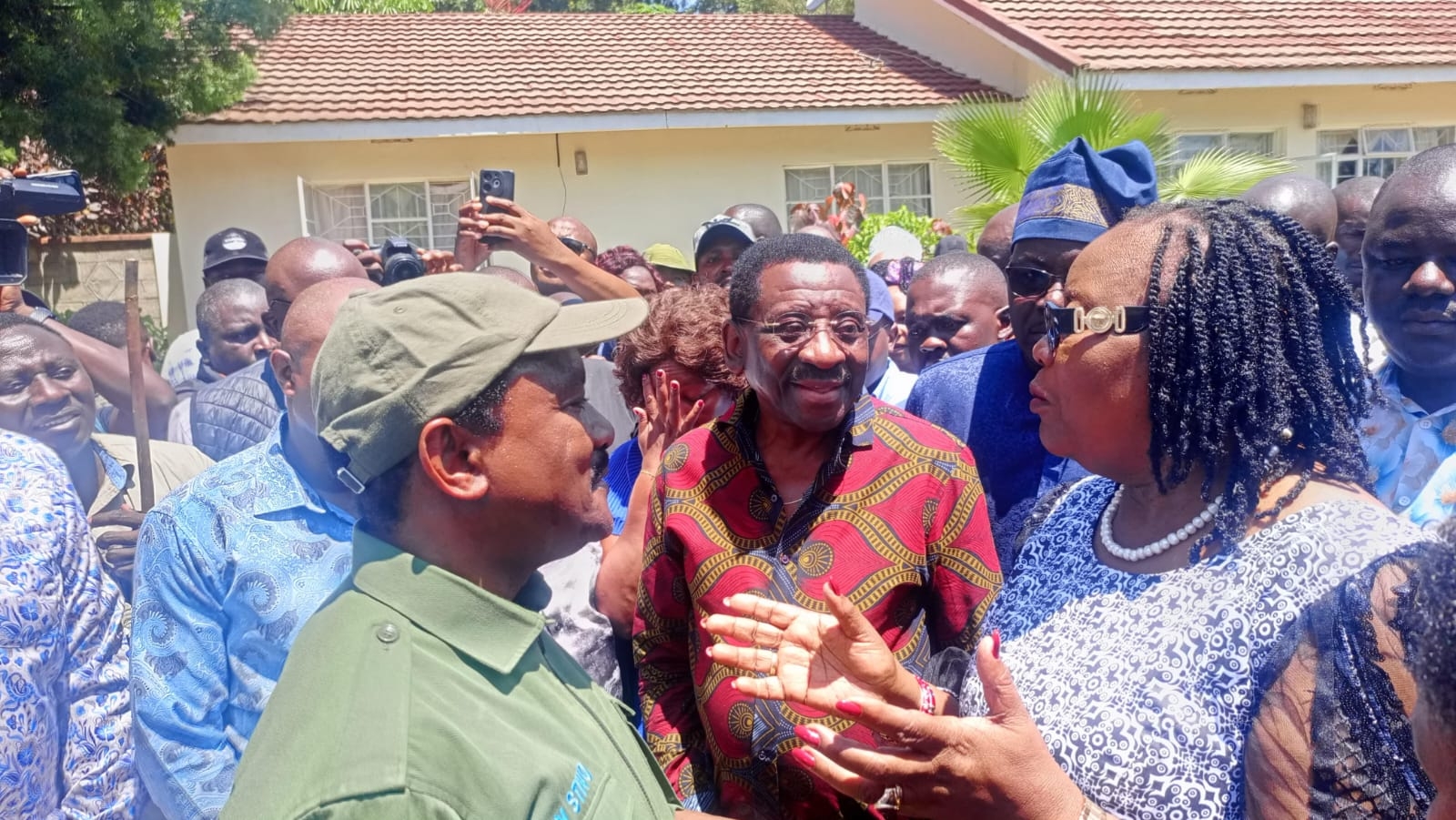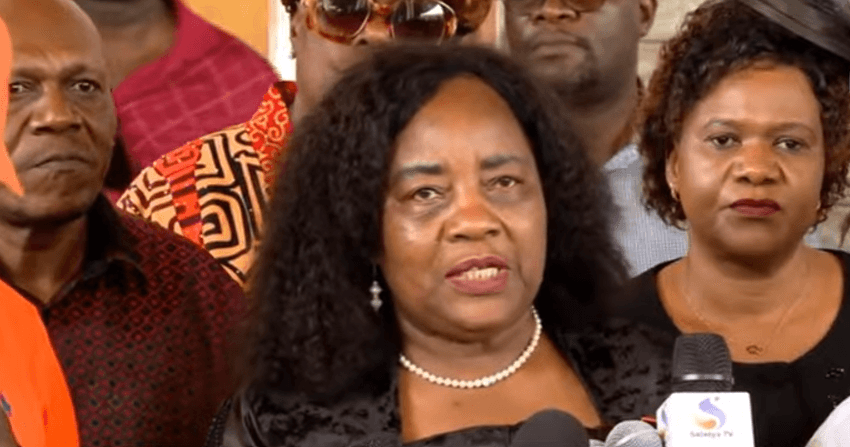

A federal judge has warned that US President Donald Trump's administration could be held in contempt of court for deporting a group of migrants to South Sudan.
Judge Brian Murphy said the removals could violate his order last month barring the US government from sending migrants to third countries without being given "meaningful opportunity" to challenge their deportation.
In an emergency submission to the judge, immigration attorneys said a flight carrying a dozen people had landed in South Sudan on Tuesday.
It is the latest showdown between Trump and the federal courts as the Republican president seeks to deliver on a campaign pledge for mass deportations.
Attorneys from the National Immigration Litigation Alliance asked Judge Murphy on Tuesday for an emergency order to prevent the removals, which they said had included citizens of Myanmar and Vietnam.
The judge, a Biden appointee who is based in Boston, told a lawyer for the Department of Justice: "I have a strong indication that my preliminary injunction order has been violated."
"Based on what I have been told this seems like it may be contempt", he added, according to US media.
But the justice department lawyer, Elianis Perez, said that one of the migrants, who is Burmese, had been returned to Myanmar, not South Sudan.
She declined to disclose where the second migrant, a Vietnamese man, was deported, saying it was "classified". She said he had been convicted of murder.
At least one rapist was also on the deportation flight, said an attorney for the Department of Homeland Security.
Judge Murphy did not order the plane to head back to the US, but said the migrants must remain in the government's custody and be "treated humanely" pending a hearing on Wednesday.
He said this could entail the deportation flight being kept on the tarmac once it lands.
Judge Murphy issued a ruling on 18 April requiring that illegal migrants have a chance to challenge their removal to countries other than their homelands.
After reports surfaced that some migrants were going to be sent to Libya, Judge Murphy said any such move would violate his ruling.
The BBC has contacted the Department of Homeland Security for comment.
Lawyers for the Burmese man, identified only as N.M. in the court filing, said their client speaks limited English and had refused to sign a notice of removal served on him by officials at an immigration detention centre in Texas.
On Tuesday morning an attorney emailed the centre after noticing her client was no longer showing up on a US Immigration and Customs Enforcement detainee locator, says the court filing. She was informed he had been removed from the US.
When she asked to which country her client had been removed, the email reply said: "South Sudan."
The lawyers said another client, the Vietnamese man, identified only as T.T.P. in court papers, "appears to have suffered the same fate".
The Vietnamese man's spouse emailed his lawyer and said that the group of around 10 other individuals who were believed to have been deported included nationals of Laos, Thailand, Pakistan and Mexico, Reuters news agency reports.
"Please help!" the spouse said in an email. "They cannot be allowed to do this."
The world's youngest nation, South Sudan endured a bloody civil war soon after its independence in 2011.
The US government's travel advisory states: "Do not travel to South Sudan due to crime, kidnapping, and armed conflict."
Several countries have been asked by the Trump administration to accept migrant deportations.
Earlier this month, Rwanda confirmed it was in such talks with the US, while Benin, Angola, Equatorial Guinea, Eswatini and Moldova have all been named in media reports.
The South Sudan deportation case is the latest constitutional clash between two equally powerful branches of government.
Another jurist, US District Judge James Boasberg in Washington DC, last month found "probable cause" to hold Trump officials in criminal contempt.
He ruled they had violated his order to halt deportations of alleged Venezuelan gang members who had no chance to challenge their removals.





















